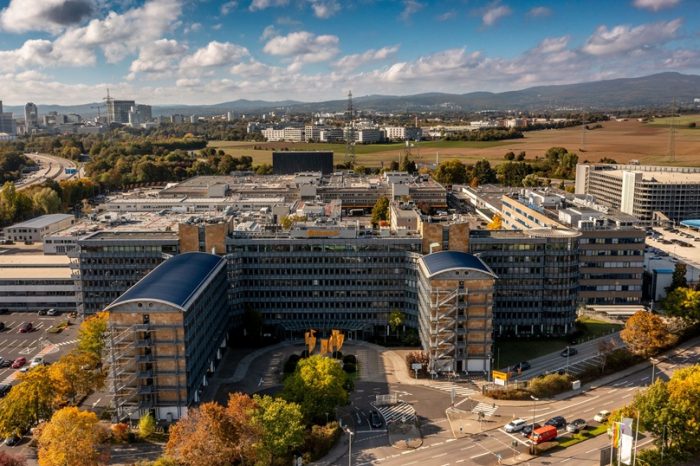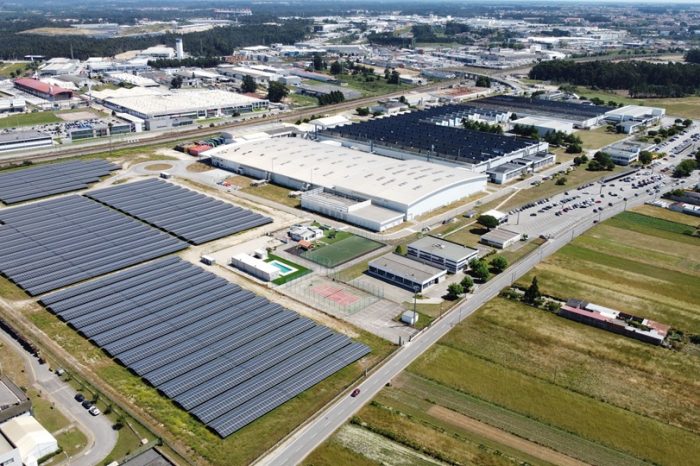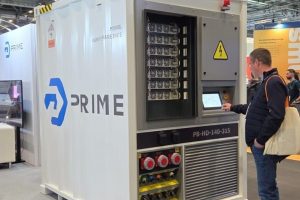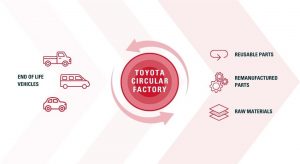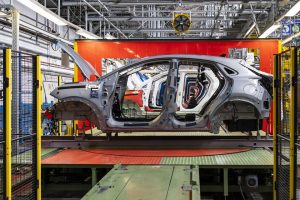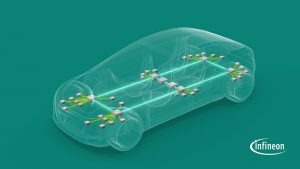Valeo launches Tech Academy to increase expertise of mechanics
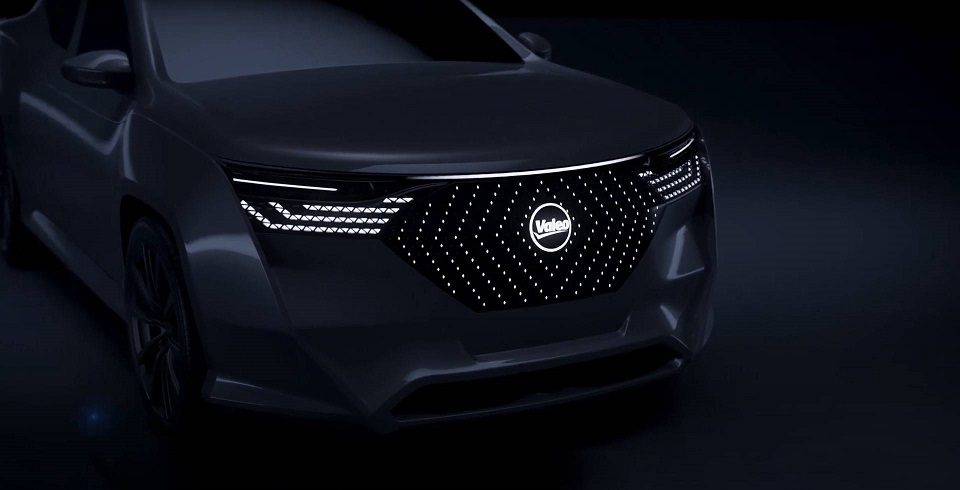
To meet the evolving needs of the industry, Valeo is launching Valeo Tech Academy, a training program that offers both digital and in-person learning. Currently, one in two mechanics do not maintain or repair electric vehicles, and 62 percent do not engage in ADAS maintenance. In view of this skill gap, Valeo is committed to supporting the aftermarket beyond just supplying spare parts.
Valeo Tech Academy provides brand-agnostic training, covering all automotive systems and brands, not just Valeo products, to ensure a comprehensive learning experience across the entire automotive landscape.
Marlène Carrias-Iked, Vice-President Strategic Marketing, Digital and Innovation for Valeo Service: “As a leader in electrification and ADAS, Valeo is proud to leverage its expertise to support the growing needs of workshops with the development of electrification and autonomous driving. Thanks to Valeo Tech Academy, we are able to offer tailor-made solutions to prepare mechanics to diagnose and repair electric vehicles and vehicles equipped with driving assistance systems (ADAS). We have already launched Valeo Tech Academy in France, Germany, Poland, Spain and the UK with the ambition to extend the offer to other countries.”
Valeo Tech Academy is an extensive digital program with 45 hours dedicated to maintenance and repair solutions on current technologies as they make most workshop entries today. It is also a standout new technologies program including 50 hours of online pure electric and hybrid vehicles training from security basics to advanced diagnostics and troubleshooting, and 25 hours of ADAS digital training.
All sessions can be followed in the form of short capsules (5 to 30 percent minutes), allowing mechanics to learn at their own pace and at any time of the day. The program also includes prior and post-assessments to ensure measurable skill improvements.
The simulators allow mechanics to work with all components found in electrified vehicles, including batteries, inverters, and electric motors. They will gain a deep understanding of the interaction between these systems and components and will use real tools—including calibration equipment—during their training.


